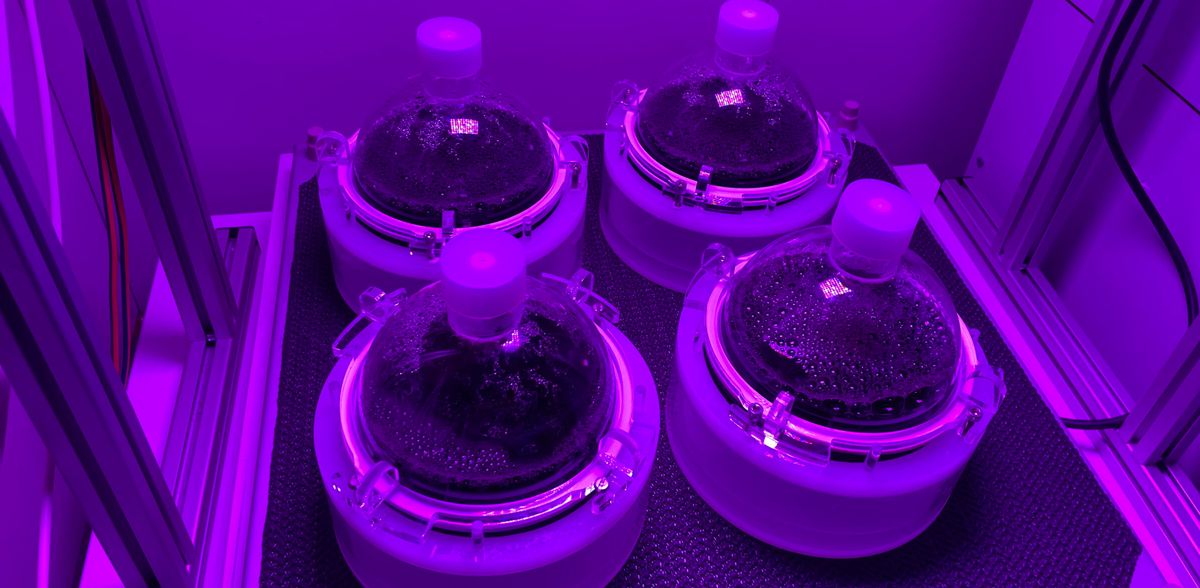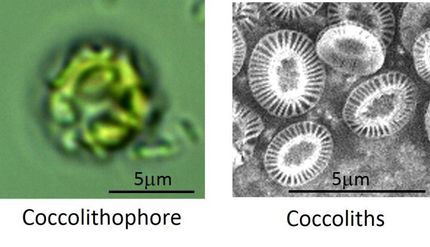How blue-green algae manipulate microorganisms
Research team discovers previously unknown gene that indirectly promotes photosynthesis
Advertisement
cyanobacteria – also called blue-green algae – are known as the “plants of the ocean” because they carry out photosynthesis on a gigantic scale, produce oxygen and extract the greenhouse gas CO2 from the environment. However, to do this they need additional nutrients such as nitrogen. A team headed by biologist Prof. Dr Wolfgang R. Hess, Professor of Genetics at the University of Freiburg, has discovered a previously unknown gene that plays a key role in the coordination of the nitrogen and carbohydrate metabolism: with it, cyanobacteria indirectly regulate the growth of microorganisms that promote photosynthesis. “Our work shows that there are numerous previously unknown interdependencies even between the smallest organisms in the environment and that many previously unknown genes play a part in this,” says Hess. The results have been published in the science journal Nature Communications.
Balance between primary nutrients
The amounts of carbon (CO2) and nitrogen available for plants, algae and cyanobacteria are not always the same. For photosynthesis, a physiologically relevant balance between these two primary nutrients is of huge importance. In the genetic data of cyanobacteria, Alexander Kraus, doctoral student with Wolfgang R. Hess at the University of Freiburg, has now discovered and characterised a gene that plays a key part in this context: the gene encodes a protein named NirP1. This is only produced if the cells identify a deficiency of carbon in relation to the available nitrogen.
The protein is itself too small to act as an enzyme like many other proteins. Working with Dr Philipp Spät and Prof. Dr Boris Maček from the Proteome Center at the University of Tübingen, the researchers were however able to discover that NirP1 can bond permanently with an enzyme that would normally convert nitrite into ammonium. NirP1 prevents this and thus ensures that nitrite accumulates in the cells; this is then followed by further massive metabolic changes, which were analysed in detail in collaboration with Prof. Dr Martin Hagemann 's team at the University of Rostock. Finally, the cyanobacteria begin to export nitrite to the environment, where the additional nitrite stimulates the growth of useful microorganisms, and so a microbiome that is beneficial to the photosynthesis of the cyanobacteria.
Ideas for further research
The results suggest ideas for ongoing research into the interactions between microorganisms and the role of this regulating gene which was previously little known, says Hess. “In addition, small protein regulators like NirP1 could in future be deployed in ‘green’ and ‘blue’ biotechnology for targeted control of the metabolism.”
























































